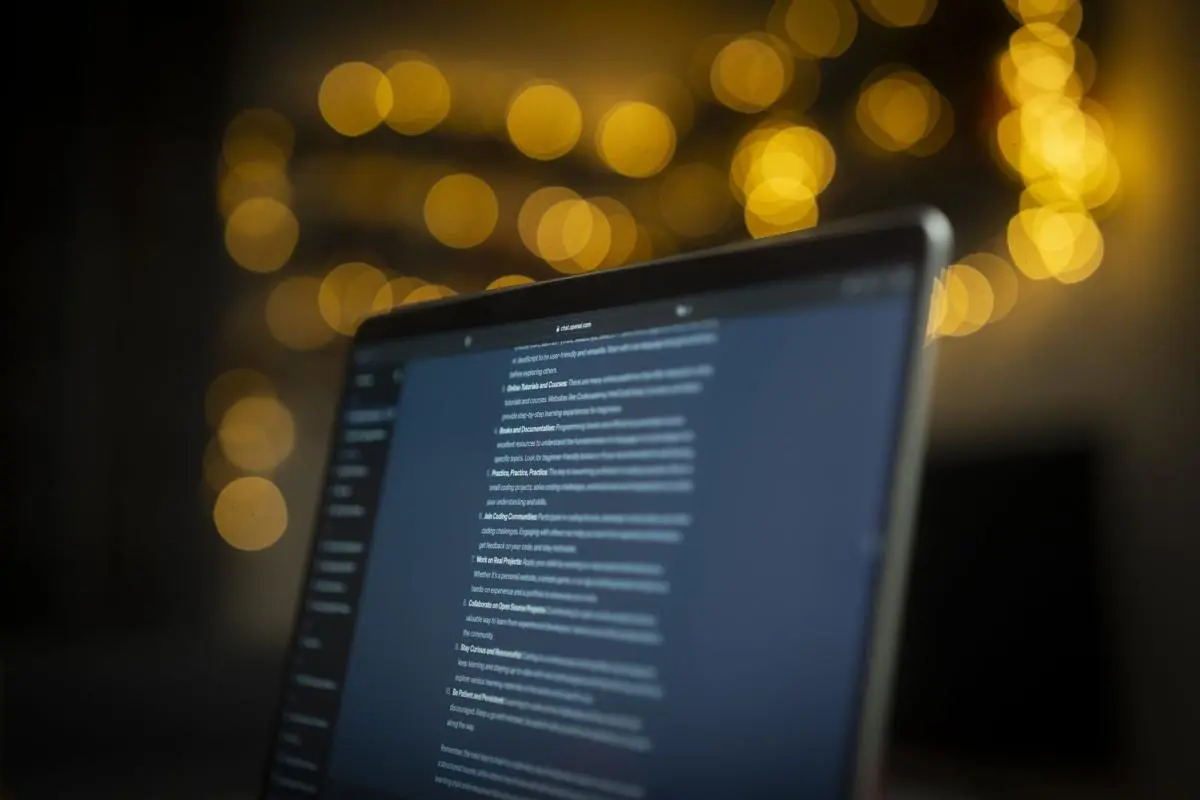A.I.’s un-learning problem: Researchers say it’s virtually impossible to make an A.I. model ‘forget’ the things it learns from private user data
A.I.’s un-learning problem: Researchers say it’s virtually impossible to make an A.I. model ‘forget’ the things it learns from private user data

finance.yahoo.com
A.I.’s un-learning problem: Researchers say it’s virtually impossible to make an A.I. model ‘forget’ the things it learns from private user data

I'm rather curious to see how the EU's privacy laws are going to handle this.
(Original article is from Fortune, but Yahoo Finance doesn't have a paywall)